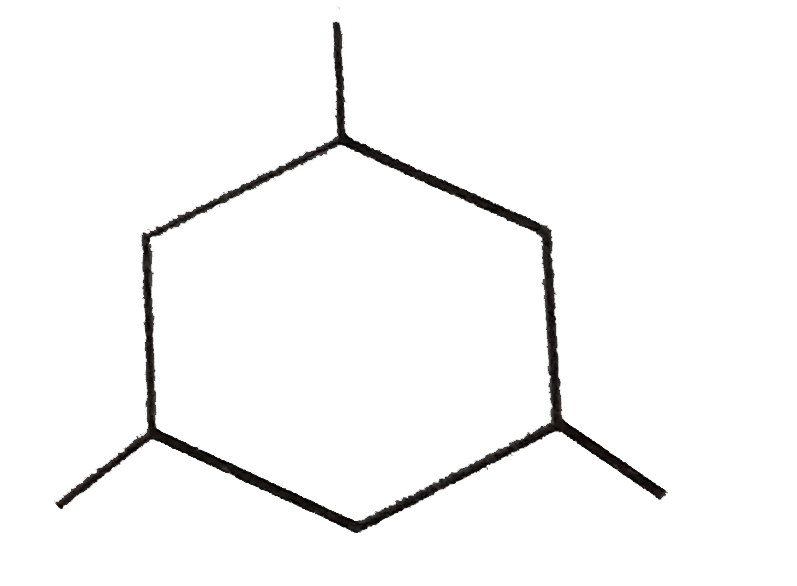Is it theoretically possible to device a heat engine which will create no thermal pollution ?
Step-by-Step Solution:
1. Understanding the Question: The question asks if it is theoretically possible to create a heat engine that produces no thermal pollution.
2. Defining Thermal Pollution: Thermal pollution refers to the degradation of water quality by any process that changes ambient water temperature. In the context of heat engines, it typically means the waste heat that is released into the environment, which can lead to an increase in temperature and affect ecosystems.
3. Second Law of Thermodynamics: According to the second law of thermodynamics, it is impossible to construct a heat engine that operates in a cyclic process and converts all the heat absorbed from a hot reservoir into work without rejecting some heat to a cold reservoir. This means that some energy will always be wasted as heat.
4. Carnot Engine: The Carnot engine is a theoretical construct that represents the most efficient possible heat engine. Its efficiency is given by the formula:
Efficiency=1−TcTh
where Tc is the absolute temperature of the cold reservoir and Th is the absolute temperature of the hot reservoir. Even in an ideal scenario, the efficiency of a Carnot engine cannot reach 100%, meaning some energy will always be lost as waste heat.
5. Efficiency Limitations: The maximum efficiency of a Carnot engine is around 50% for practical temperatures. This implies that at least 50% of the energy input is wasted, contributing to thermal pollution.
6. Conclusion: Since all real heat engines, including the ideal Carnot engine, cannot achieve 100% efficiency, it is theoretically impossible to devise a heat engine that creates no thermal pollution. There will always be some waste heat that contributes to thermal pollution.
Final Answer: It is theoretically impossible to devise a heat engine that creates no thermal pollution due to the limitations imposed by the second law of thermodynamics and the inherent inefficiencies of all heat engines.
---
Efficiency=1−TcTh
where Tc is the absolute temperature of the cold reservoir and Th is the absolute temperature of the hot reservoir. Even in an ideal scenario, the efficiency of a Carnot engine cannot reach 100%, meaning some energy will always be lost as waste heat.
Topper's Solved these Questions
Similar Questions
Knowledge Check
The maxium possible efficiency of a heat engine is
A1BT1T2CT1T2+1DDependent upon the temperature of source (T1)A heat engine is a device
Awhich converts mechanical energy into heat energyBwhich converts heat energy into mechanical energyCabsorbs heat from a sink at a lower temperature and rejects to the source at high temperatureDNone of above
Theoretical possible geometrical isomer of

View SolutionWhat are the main sources of thermal pollution ?
View SolutionWhat are the main sources of thermal pollution ?
View SolutionWhat are the main sources of thermal pollution ?
View SolutionWhat are the main sources of thermal pollution ?
View SolutionWhat are the main sources of thermal pollution ?
View Solution